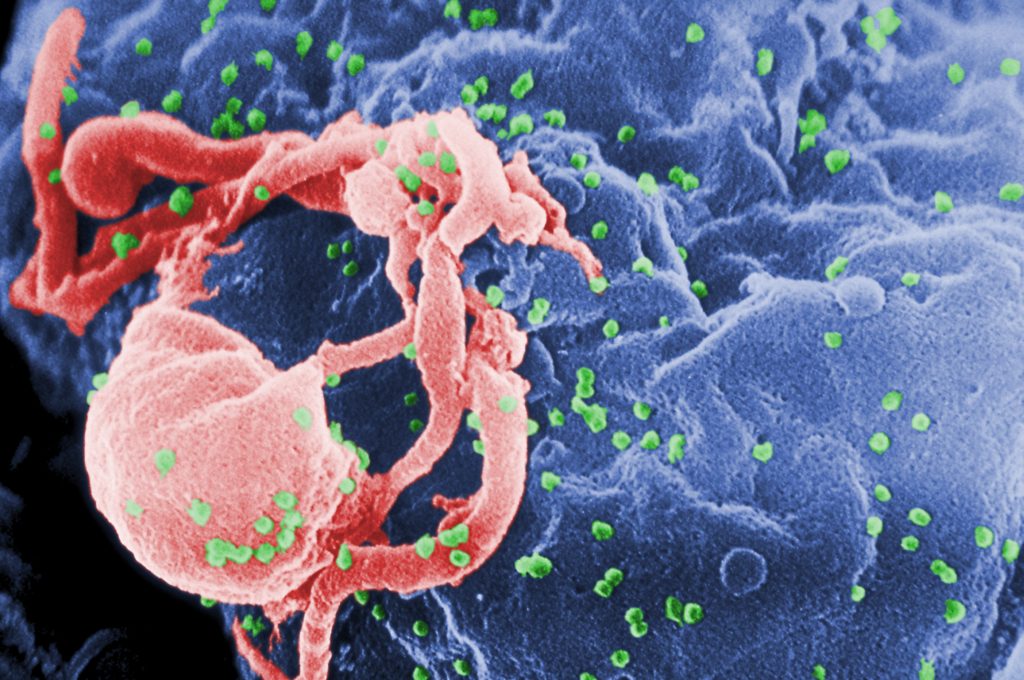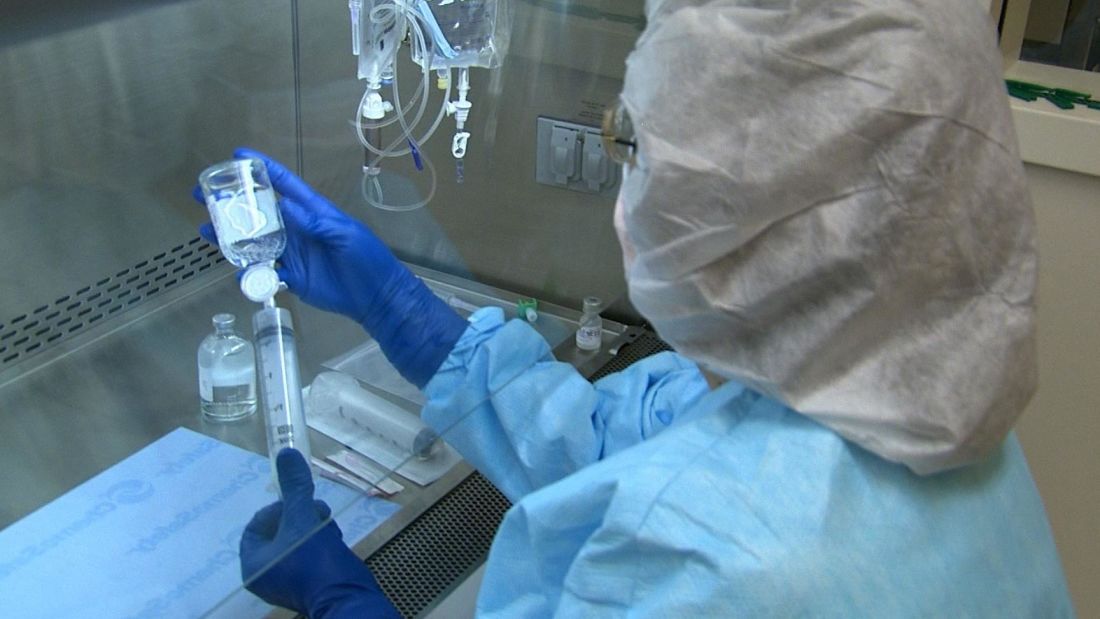SEVERE coronavirus symptoms could be cured by using an immunotherapy technique devised in the 1980s to alleviate patients suffering from AIDS, new research suggests.
Explaining the procedure that could save lives Doctor Abraham Karpas of Cambridge University Clinical School said: “Passive Immunotherapy can be the only solution to stop the deadly effect of the virus and return to normal life again.”
Beginning his trials with immunotherapy at Cambridge University in 1985 Doctor Karpas observed that patients with HIV produced a large amount of antibodies that suppressed the virus.
But, in terminal patients where HIV had caused so much damage to the immune system that AIDS had developed, the sufferers immunity was found to be totally devoid of antibodies that were capable of neutralising the virus.
- Stablecoin Shift Fuels ‘Selective Altseason’ as Altcoin Trading Outpaces Bitcoin
- Bitcoin miner OTC sales remain robust as reserves decline to their lowest levels in several years, as reported by CryptoQuant
- Bitcoin options market bearish ahead of quarterly expiry
Doctor Karpas took blood plasma containing large quantities of antibodies from donors with HIV and injected these into the bloodstream of patients whose condition had worsened and had developed AIDS.
Temporary recovery in AIDS patients
The recipients of the plasma recovered temporarily, and “right from the beginning infusion of the plasma improved their well-being” the Doctor claimed.
But, because HIV causes a life-long infection with AIDS the patients needed fortnightly infusions of blood plasma and there were not enough donors with healthy amounts of HIV antibodies to donate on such a regular basis.
Because of the need for continuous plasma transfusions the treatment was deemed laborious and not suited to treating the large amounts of people becoming infected with HIV.

(Photo Credit: C. Goldsmith Content Providers: CDC/ C. Goldsmith, P. Feorino, E. L. Palmer, W. R. McManus – From the Centers for Disease Control and Prevention‘s Public Health Image Library )
Immunotherapy treatment for Covid-19
Now, Doctor Karpas suggests that the same immunotherapy treatment has a high chance of curing those presenting severe coronavirus symptoms, and only one infusion of antibodies would be needed to promote recovery in the infected individual.
“In a recent report ten very advanced coronavirus patients were treated with a single 200 ml dose of plasma obtained from individuals who had recovered from the infection and showed impressive clinical improvement.”
Doctor Abraham Karpas
The Doctor said: “In a recent report ten very advanced coronavirus patients were treated with a single 200 ml dose of plasma obtained from individuals who had recovered from the infection and showed impressive clinical improvement.”
When the antibodies succeed the virus stops replicating and the individual becomes fully cured.
Doctor Karpas is now asking the UK government to enact a strategy that he claims could drastically reduce recovery time and save the lives of those in a critical condition because of coronavirus.
This strategy would involve asking those who have recovered from coronavirus to donate one pint of blood so that their plasma can be extracted that contains the life saving antibodies.
Only 200ml of this plasma would be needed to infuse into the bloodstream of those exhibiting severe symptoms of the deadly disease and the Doctor estimates that one donor could help the recover of three infected patients.
He said: “I expect that in 90 percent of cases one infusion of the antibody filled plasma would be enough to see a patient’s recovery.”
Obstacles to success
The only reservations he has for the treatment is that if a donors own antibody level is too low due to the normal half-life of antibodies then the recipient will not gain the needed amount to recover.
But, in this case he instructs that a new donor be found with a higher level of antibodies in their plasma.
The strategy of using immunotherapy to aid recovery and to suppress the contagion becomes more important due to the low likelihood of a vaccine being successful and mass produced in 2020.
Also, the blood plasma donor industry already has the infrastructure to handle the high demand.
All it takes is political will to instigate the process of getting the right donors to the right recipients, as heat treatment and screening of the plasma product, blood type and antibody load must be taken into consideration.

